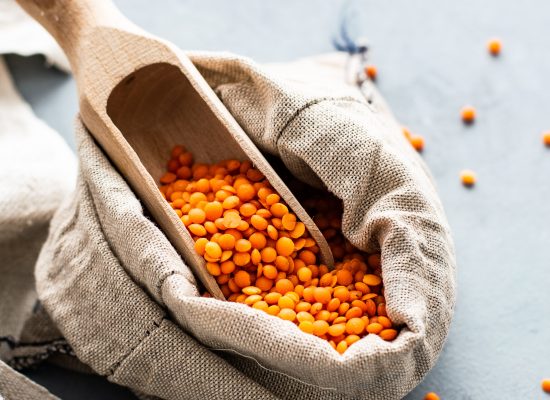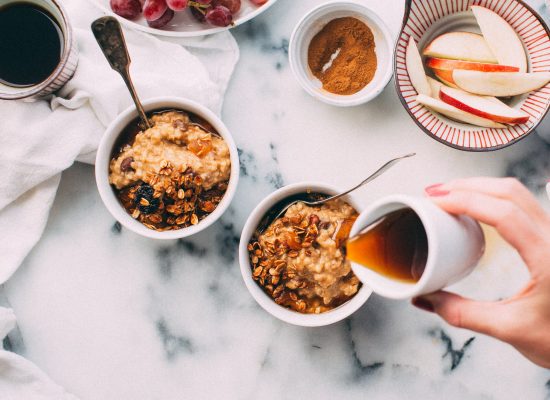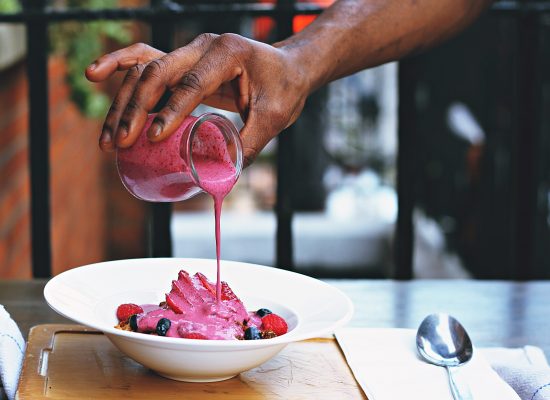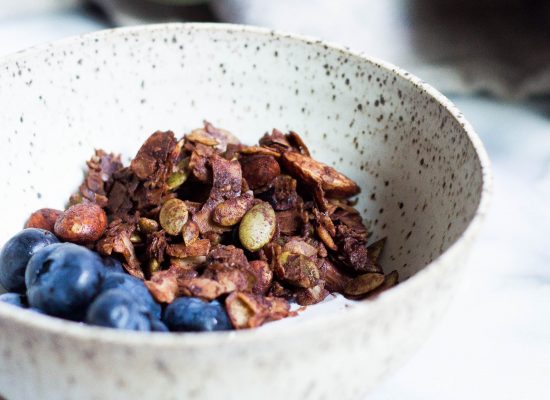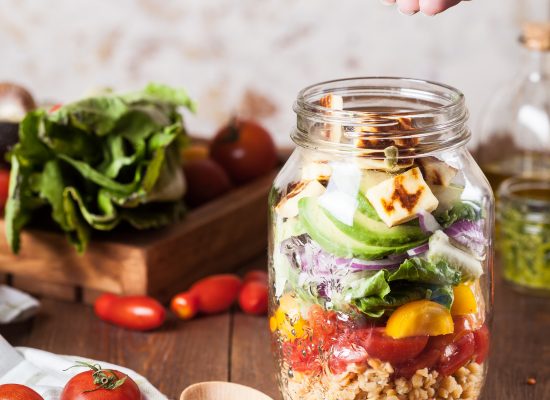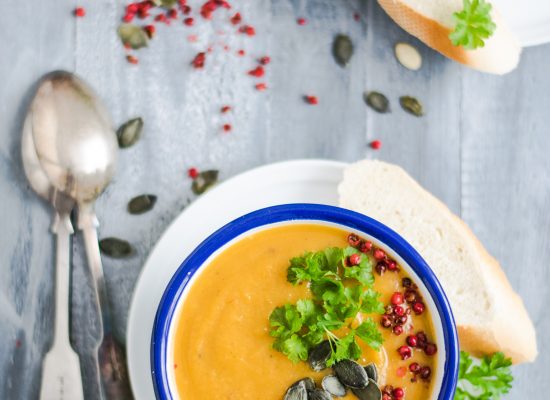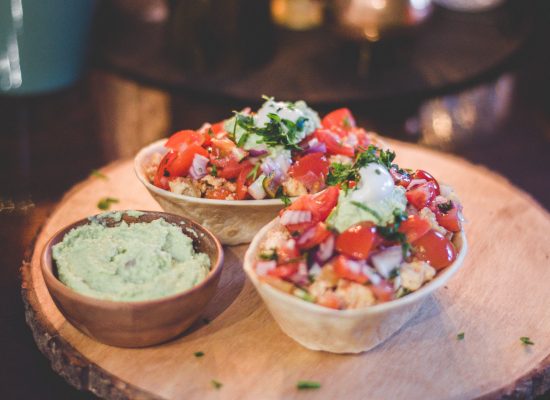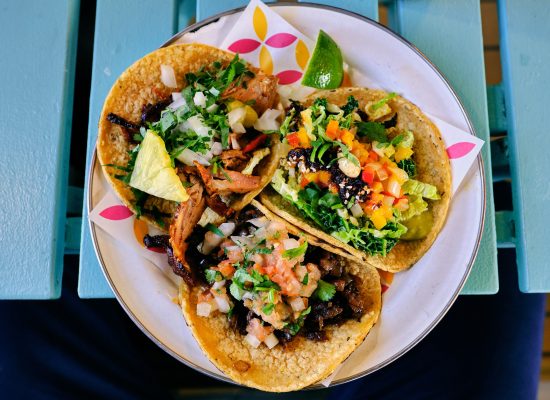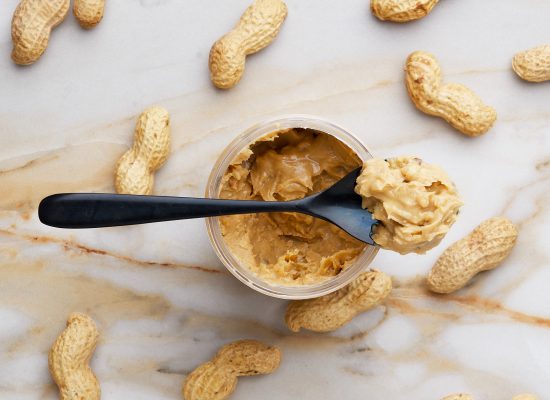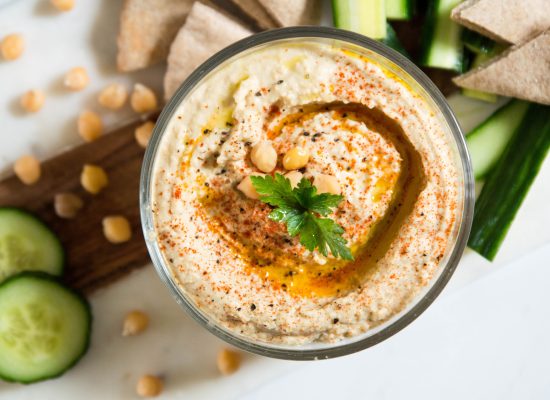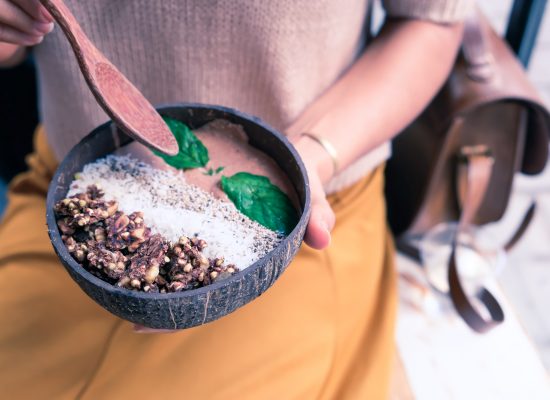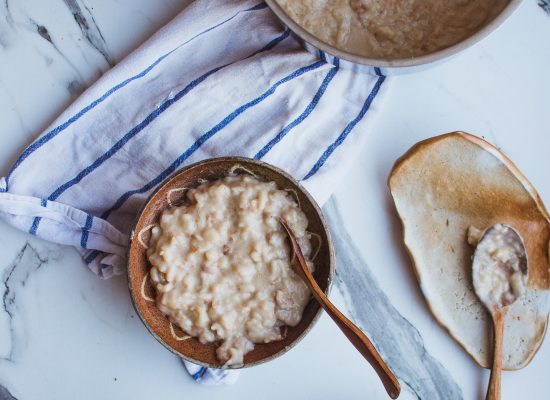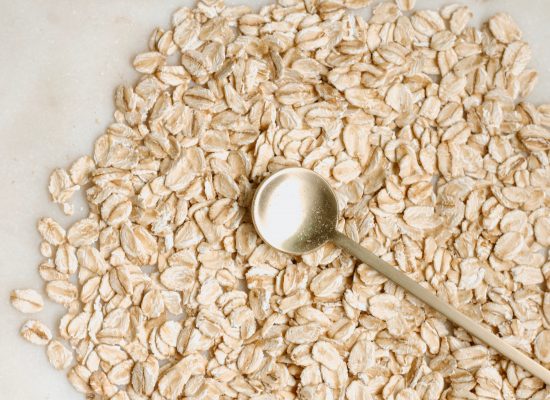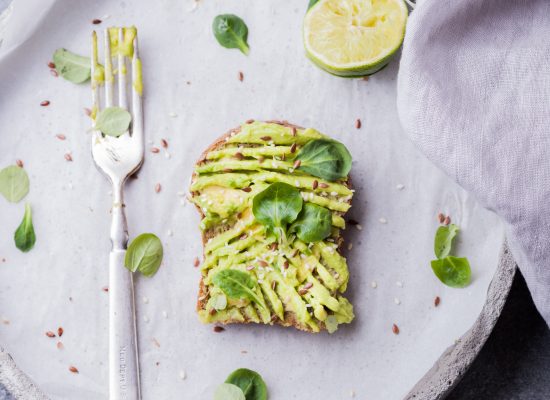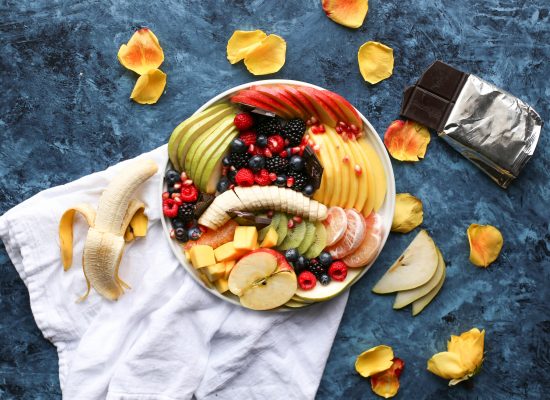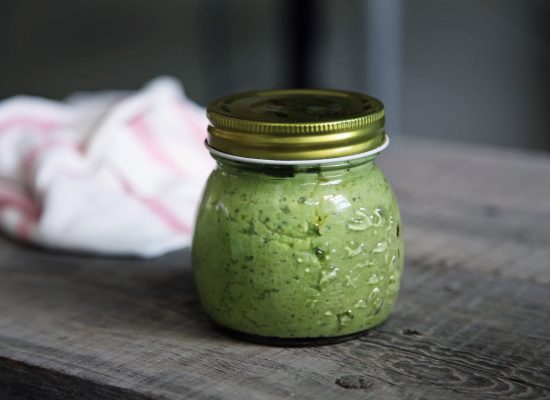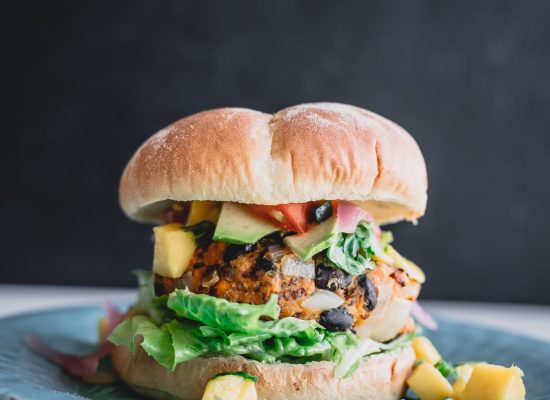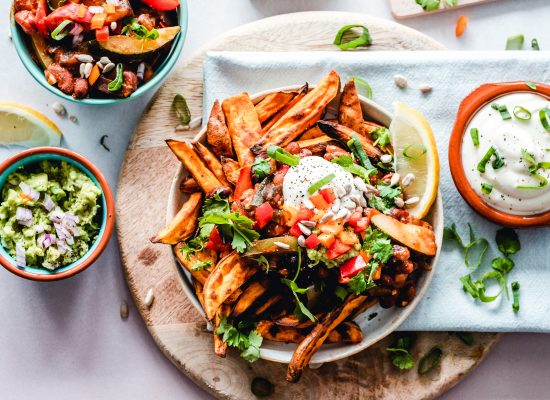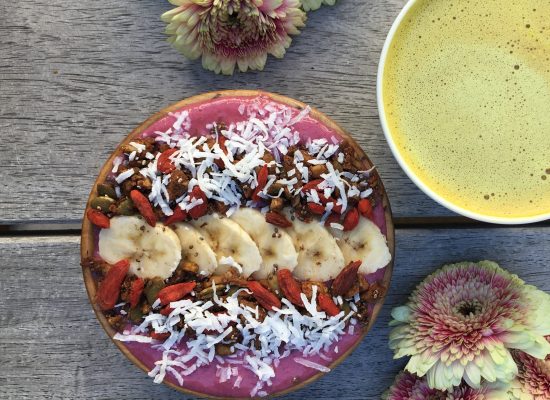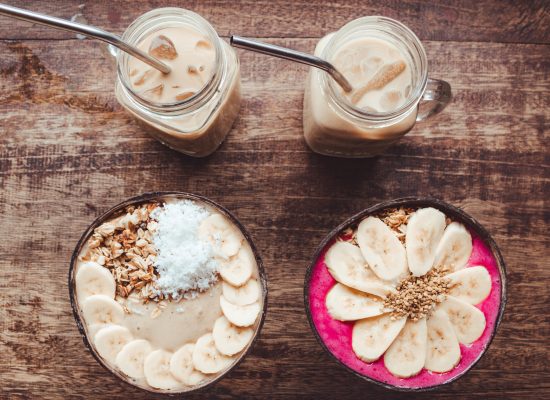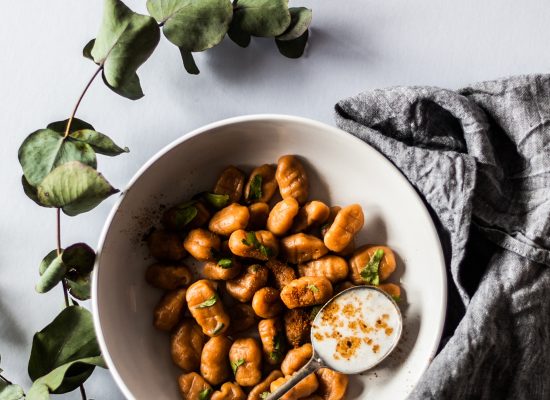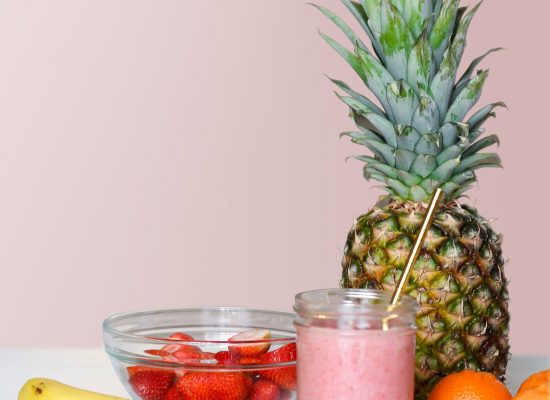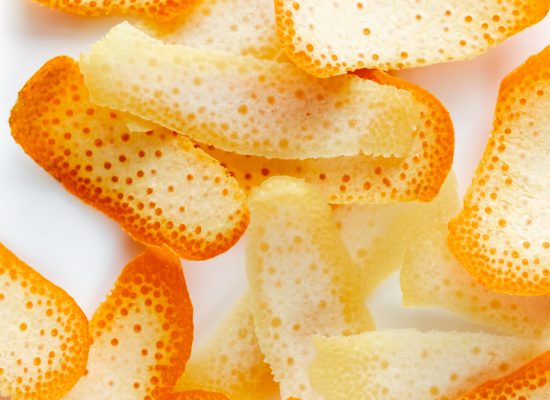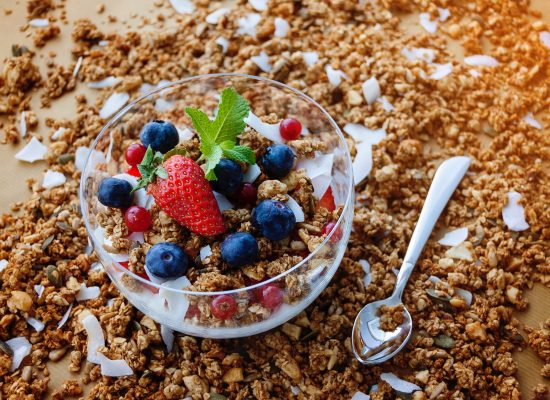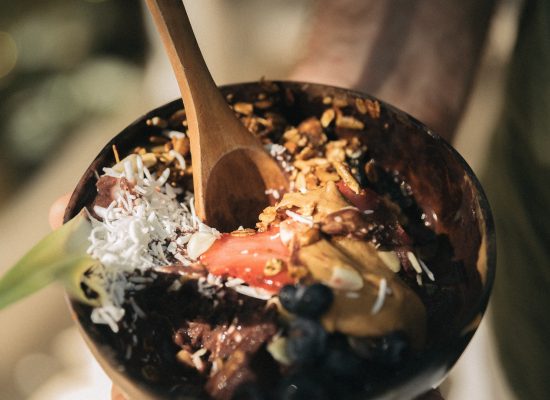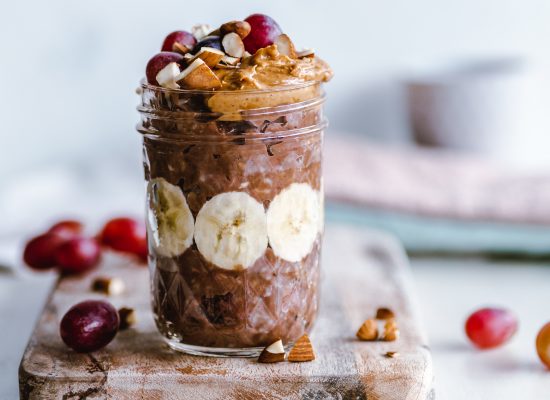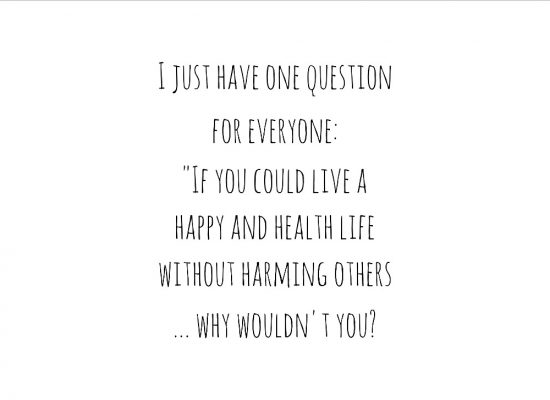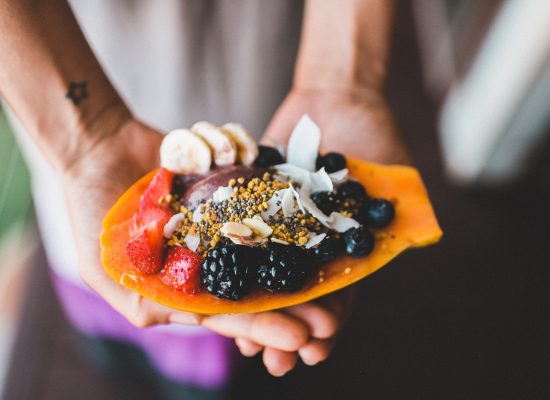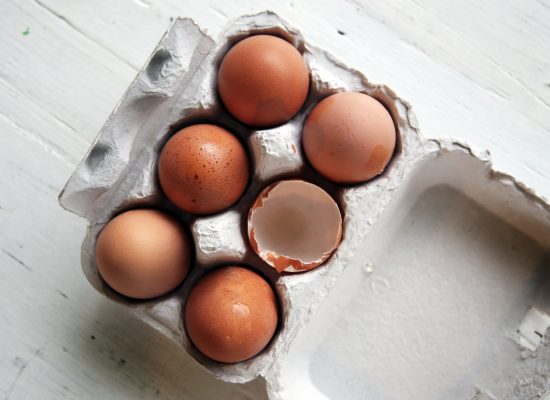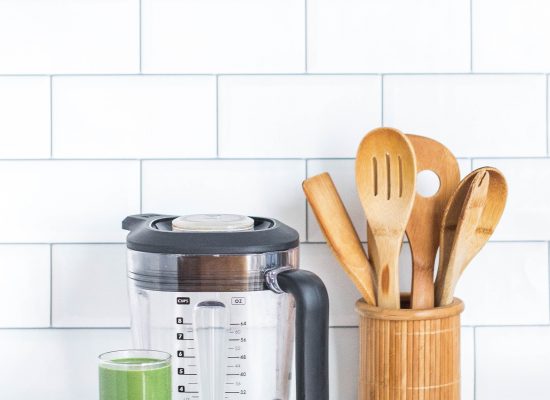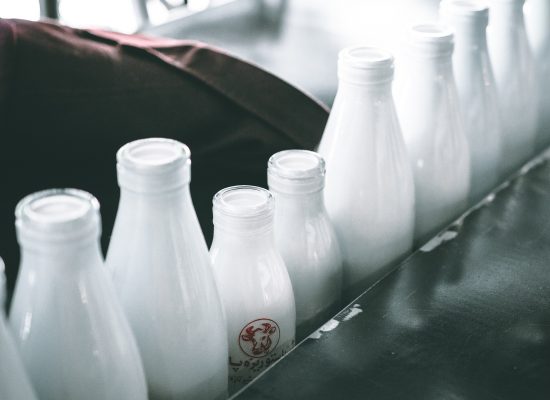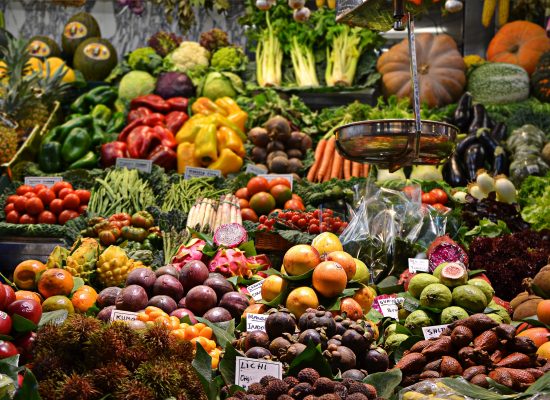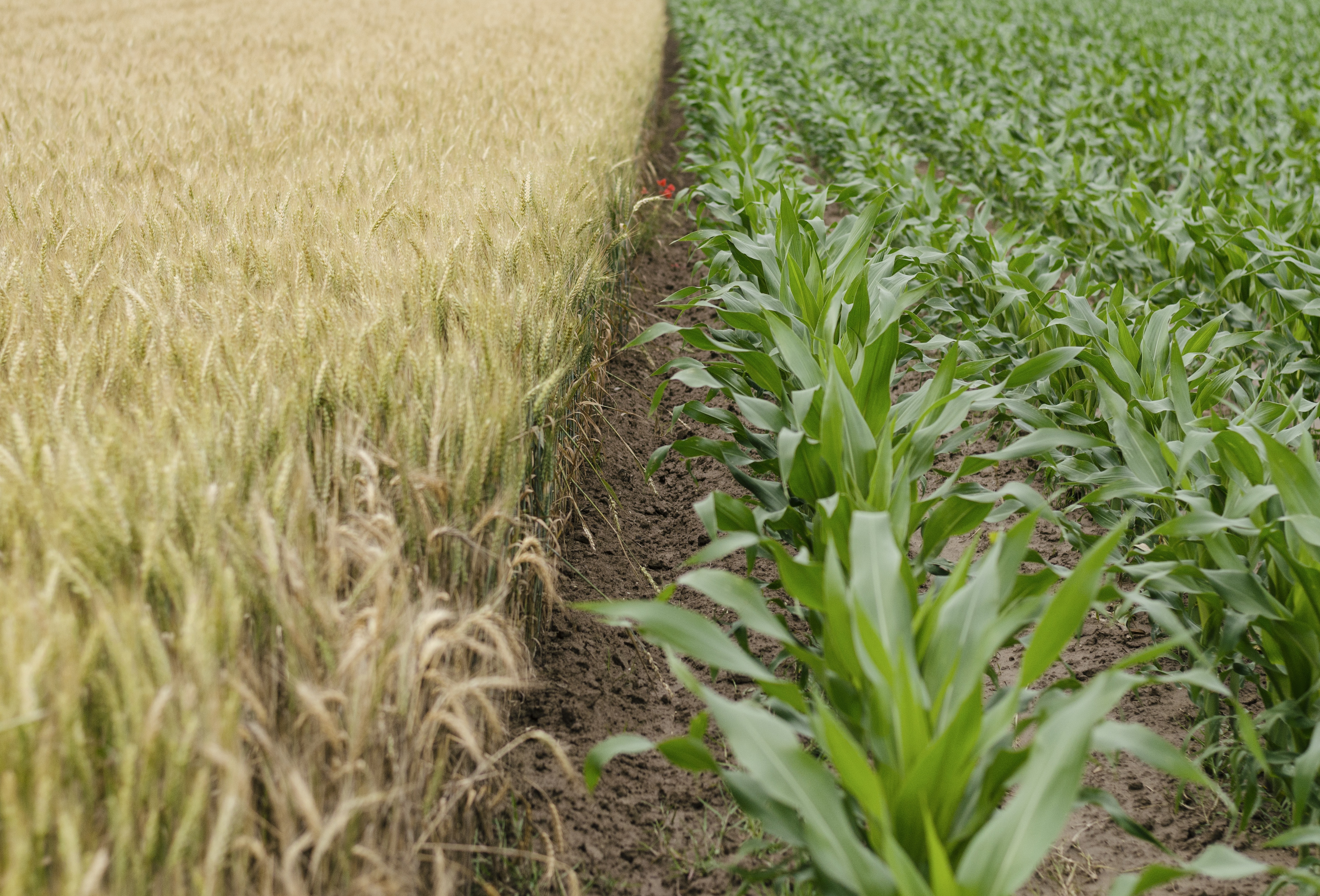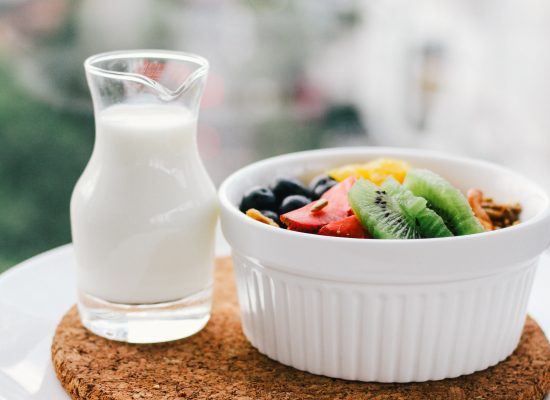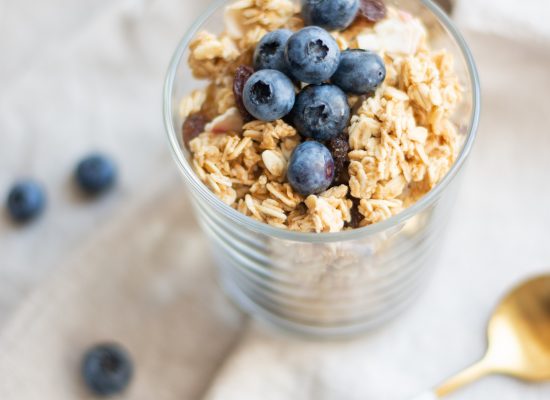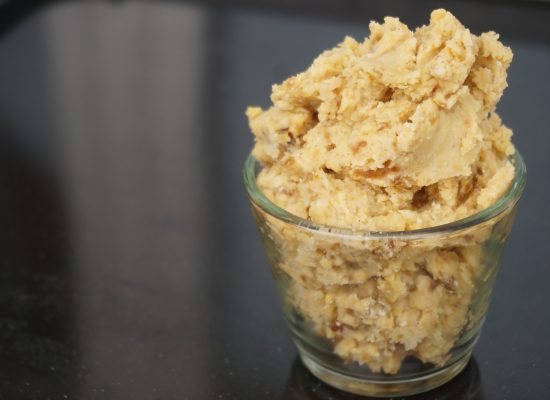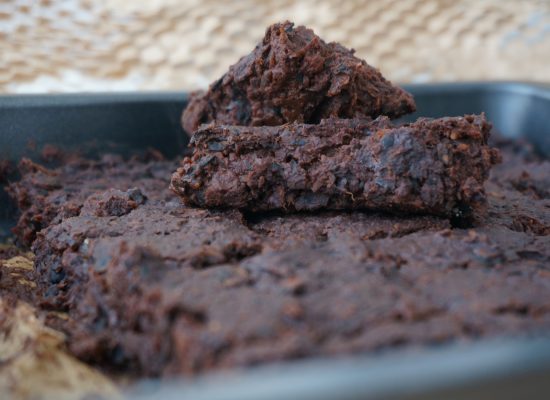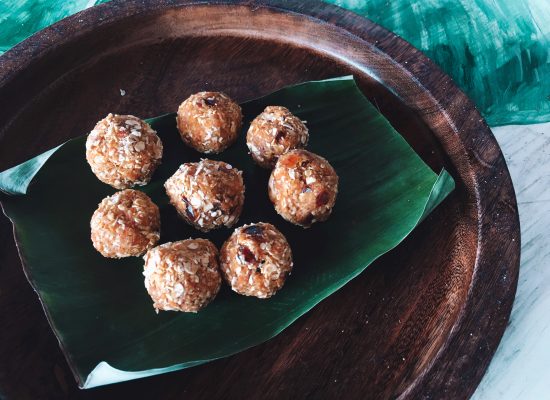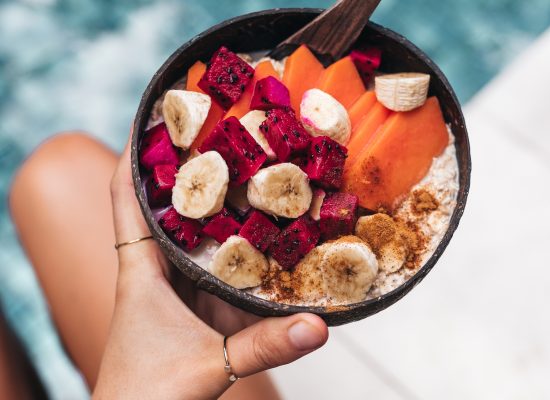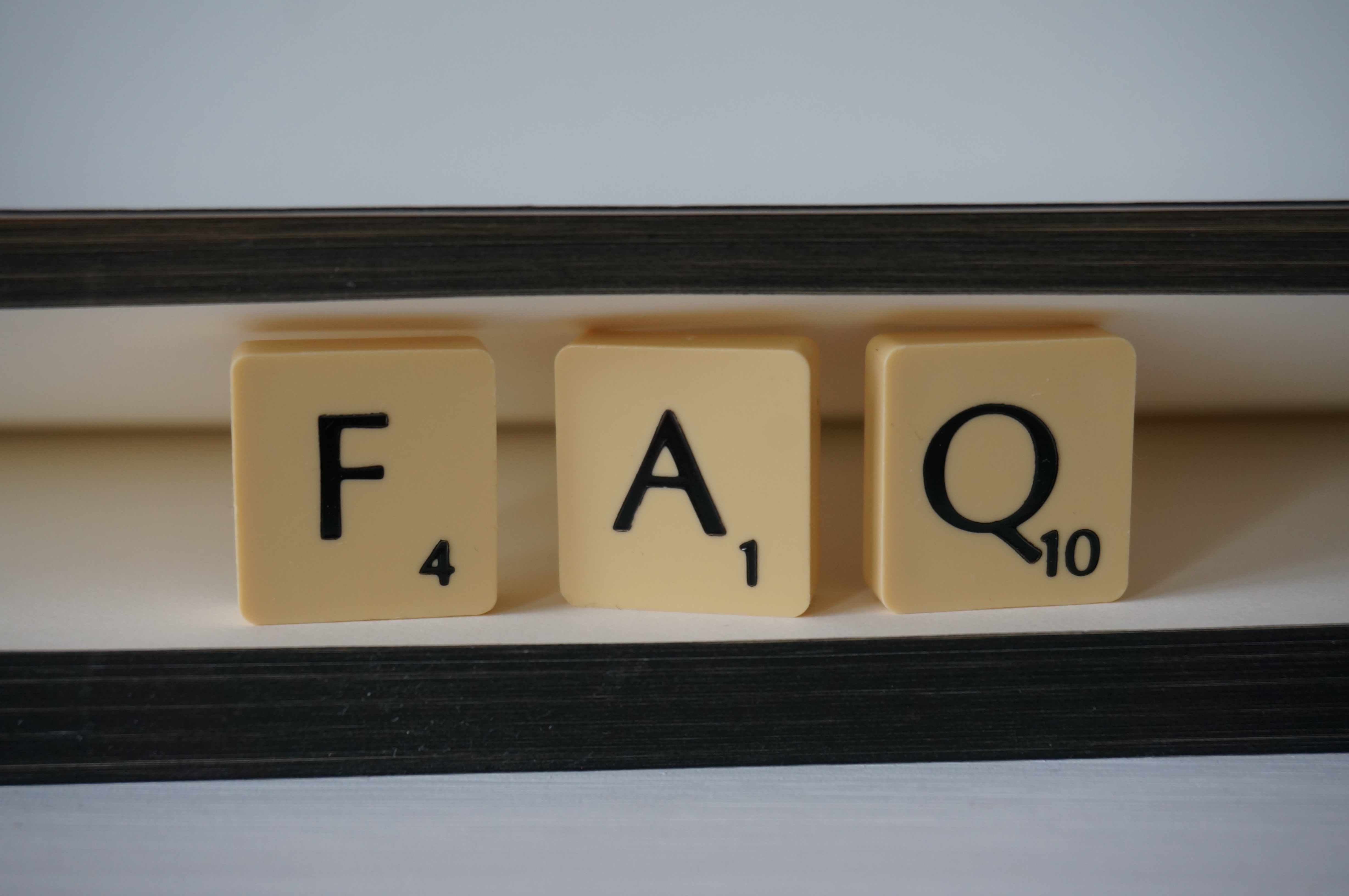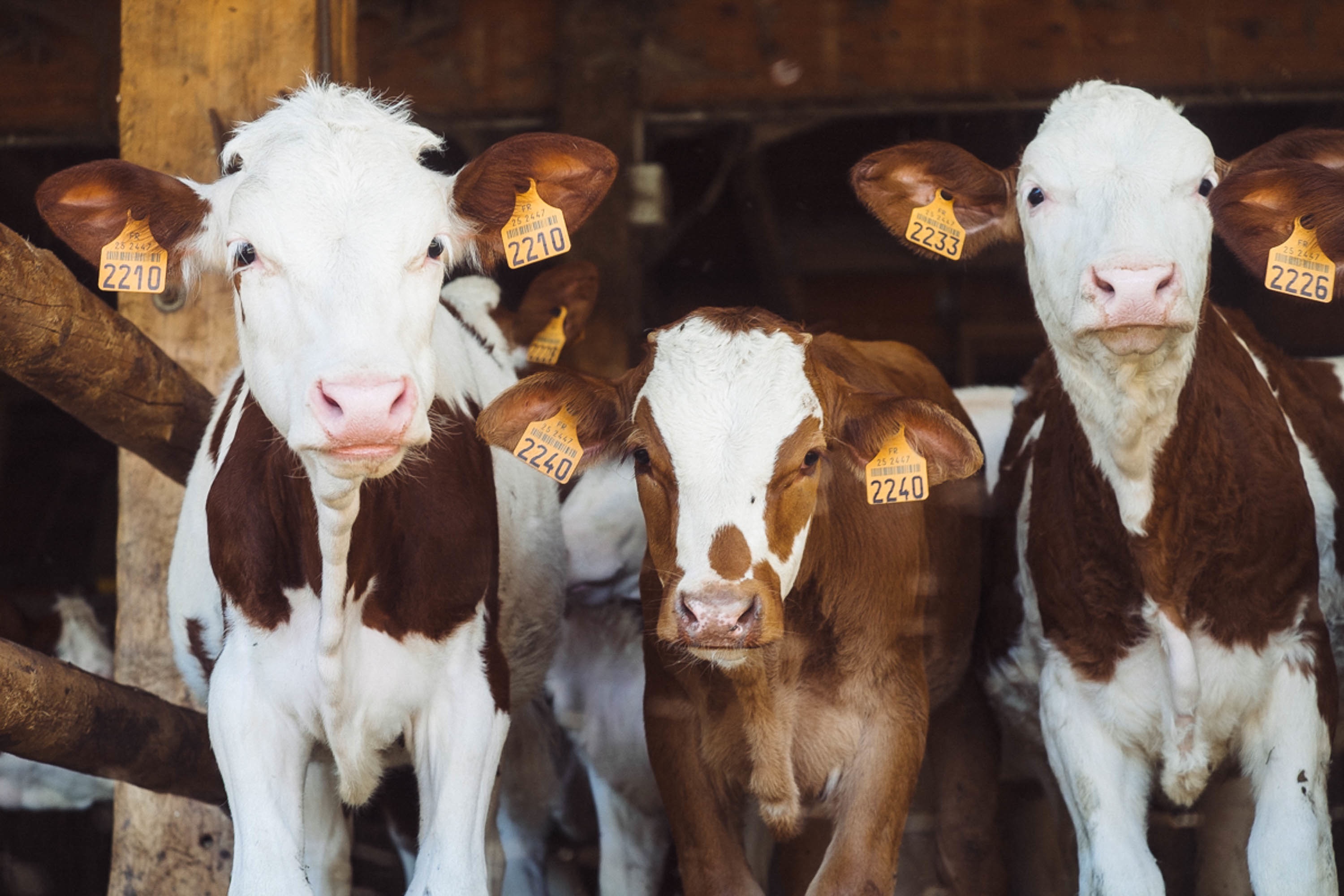gut health 101
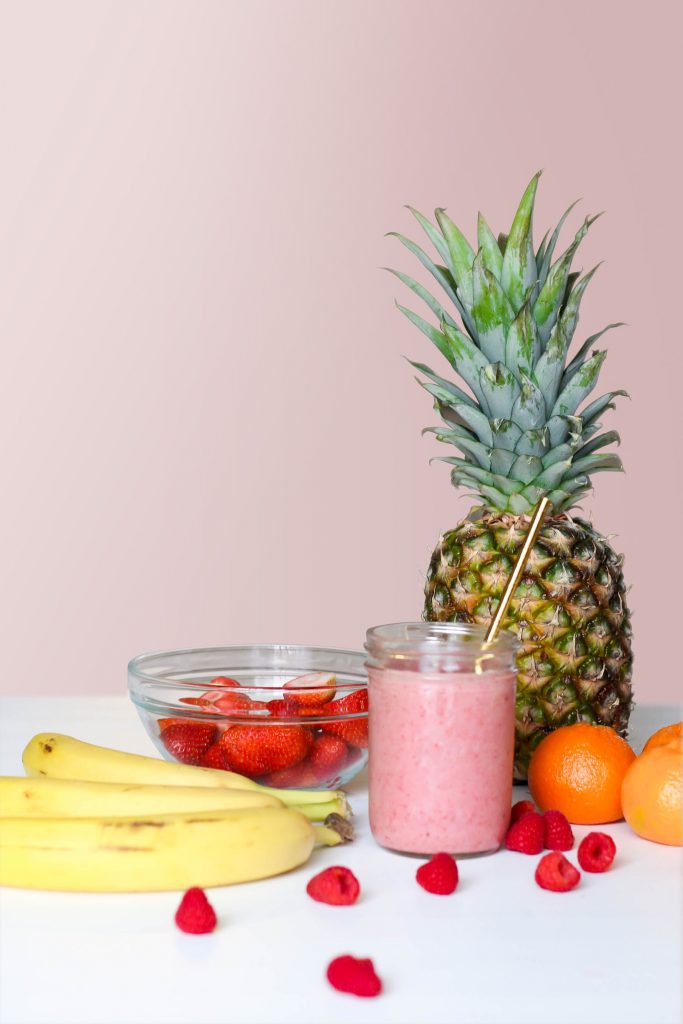
“70% of your serotonin is made in your gut. What’s going on in your gut is going to affect your mood – anxiety, depression, and focus.” – Dr. Lipman
* serotonin helps regulate mood and social behavior, appetite and digestion, sleep, memory, and sexual desire and function. It is sometimes called the happy chemical, because it contributes to wellbeing and happiness.
All disease is said to start in the gut! Hence it is a smart move to invest in the health and proper function of this vital organ.
In this article, we’ll discuss why and how we keep it running smoothly.
Content
get to know your gut
how your gut health affects your whole body
signs of an unhealthy gut
ways to improve your gut health
what to eat for a healthy gut
a word on gluten
final words on gut health
get to know your gut
The gut microbiome is home base for the bacteria in your digestive tract. There are “good” and “bad” bacteria. It is important to keep a healthy balance, so you as a whole can stay healthy.
Those bacteria play a critical role in digestion, immune function and weight regulation.
Your microbiome is as unique as your finger print. There are a few things influencing and changing it:
What influences your gut
You get your gut microbiome from your mother at birth, the way your were born plays an important role on your gut health later on (C-section delivery or “normal” birth).
Your microbiome is also affected by world around you as you grow up.
Furthermore it is influenced by what you eat. “We are what we eat.”
That’s why it can be different depending on where you live.
how your gut health affects your whole body
The gut health is the foundation for our overall health & well-being. A poor gut health is more prone to welcome in and host several health issues.
It not only plays an important role in our physical health, but also determines our mental conditions:
Studies show that the balance of bacteria in the gut microbiome may affect your emotions, mood, mental health and the way your brain processes information from your senses, like sights, sounds, flavors, or textures.
An unhealthy gut may affect your hormones in such a way that your hormones and feelings for hunger or fullness are influenced.
signs of an unhealthy gut
* Disclaimer: just because you are suffering from one ore more of the symptoms below, does not necessarily mean that you have an unhealthy gut. Our bodies are highly complex machines, and certain diseases may have many causes.
Still it is worth paying attention to any signs signaling something is out of order.
- food sensitivities & intolerances
- weight gain
- digestive problems
- fatigue
- anxiety
- depression
- joint pain
- headaches
- skin issues
- allergies
- unintended weight changes
- chronic pain
- immune system issues
- autoimmune diseases
- endocrine disorders
- upset stomach
ways to improve your gut health
sit down to eat – mindful eating
eat slowly
no meat, fish, eggs, dairy -> eat a plant based diet!!
minimalize sugar
chew your food
avoid foods you’re sensitive to
reduce stress: try meditation
get enough rest and good sleep
avoid alcohol
consume gut health promoting foods (see down below)
exercise regularly & be active
stay hydrated
avoid processed foods
eat whole foods
avoid smoking
soak your nuts & grains
eat a diverse range of foods
avoid taking antibiotics
don’t consume too many artificial sweeteners
what to eat for a healthy gut
Food can either be our medicine or slow poison. What we eat influences our functions within the body and determines our health.
Our gut health depends on which bacteria thrive in our gut. The right foods and the good bacteria get stronger.
Therefore it is important to eat foods that promote the growth of healthy gut bacteria.
best gut healing foods
fruits
- such as banana, pineapple, apples, blueberries
apple cider vinegar
- kills the bad bacteria
ginger
- boosts & strengthens our body’s immune system
- improves digestive juice production
coconut oil or milk
- increase metabolism & energy
- aids healthy digestion
- absorbs essential vitamins & minerals
- has balancing effects
cultured products
healthy fats
fiber
- feeding the good bacteria
- fights inflammation in intesine
- recommended: 40 grams of fiber / day
- examples: beans, polenta, flaxseeds
leafy greens such as spinach, kale, broccoli…
- powerful antioxidants
- essential vitamins & minerals
fermented foods
- improve digestive functions
- balance digestive tract
- natural source of probiotics
- supply lots of healthy, living microorganisms
- examples: Sauerkraut, Tempeh, Miso, Pickles, Kimchi
probiotics
- strenghten immune system
- live cultures of bacteria
- they are in fermented foods
prebiotics
- boost growth of helpful bacteria
- examples: Bananas, Onions, Garlic, Leeks, Asparagus, Artichokes, Soybeans
other foods
- broccoli, asparagus, seaweed, garlic, onion, cacao, chickpeas, oats
a word on gluten
What is gluten?
Gluten is the protein connection found in some grains, such as wheat, spelt, rye, barley and triticale. It is responsible for the sticky, gluey attributes occuring, when flour is mixed with water.
Even though you may think, you tolerate gluten just fine, according to guessings, at least one in every 10 people is sensitive to gluten.
It is said that 40% can’t process gluten effectively.
Gluten can be described as a modern toxic addiction! The guey protein compounds prevent a smooth absorbtion & removal of nutrients. On top of influencing our biochemy, it also has a negative impact on our addiction centres, affecting deeper parts of our whole being.
final words on gut health
It’s never too late to start healing your gut.
If you have any questions, doubts or experience about this topic you would like to share, don’t hesitate to reach out. You can contact me via the contact form or send me a dm on Instagram @sarahgluschke
I’m looking forward hearing from you.
To your health,
xx



